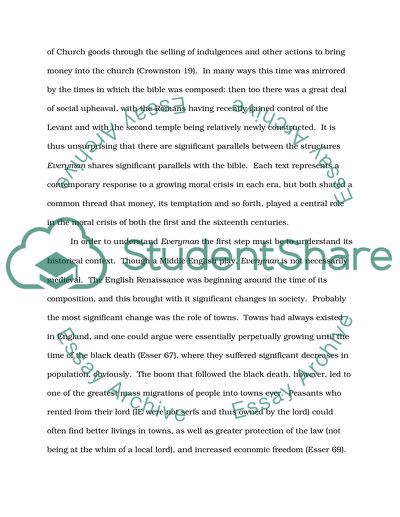Cite this document
(“Everyman, Material Goods and Salvation Research Paper”, n.d.)
Retrieved from https://studentshare.org/literature/1455052-how-does-the-play-everyman-relate-to-the-bible
Retrieved from https://studentshare.org/literature/1455052-how-does-the-play-everyman-relate-to-the-bible
(Everyman, Material Goods and Salvation Research Paper)
https://studentshare.org/literature/1455052-how-does-the-play-everyman-relate-to-the-bible.
https://studentshare.org/literature/1455052-how-does-the-play-everyman-relate-to-the-bible.
“Everyman, Material Goods and Salvation Research Paper”, n.d. https://studentshare.org/literature/1455052-how-does-the-play-everyman-relate-to-the-bible.


